War in Ukraine: Is there a Russian side of the story?
May 19, 2022
Yes, but perhaps not what you’d think.
Science Department Chair Mr. Pavel Lieb – originally Russian himself – said he understands people’s anti-Russian sentiments.
But citizens of Russia, he said, do not always have a choice in who to support and what to believe.
Within Russia, information is tightly controlled by the government. The handful of independent media outlets in the country shut down within days of the invasion of Ukraine, after President Vladimir Putin made it a crime to use the word “invasion” to describe the war, and journalists were immediately arrested.
There is no news media in Russia right now, for example, that disputes the fact that Ukraine is controlled by “Nazis” and its people need to be rescued and helped.
“I think we are seeing around the world that Russia-phobia is starting to raise its head, which is explainable, but unfortunate,” said Mr. Lieb. “Though it’s hard to say because there are a lot of Russians who are actively anti-Ukrainian, because they are fed all sorts of crazy misinformation, and that’s really unfortunate because that’s how national conflicts eventually develop.”
People in the same family who do or don’t see non-Russian media therefore have completely different “facts” about it. This has led to conflicts even within families, including those of Liza Kalaida and Polina Vorona.
It is literally a brother-killing-brother war
— Mr. Tchavy Geourguiev, Shalhevet parent
Liza, 15, said that since the war, her family and her relatives in Russia have stopped speaking to one another.
“Before the war we had good relationships, but when this all happened our relatives told us “Ukraine has begun this war, and Russia is going to save you,” Liza said. “After this war we can no longer communicate with them.”
The formerly Ukrainian peninsula of Crimea was taken over by Russia in 2014, and that is where Polina’s grandparents live. Polina said that although she still connects with them, it is difficult for them to discuss the invasion.
“To be honest, we cannot discuss it totally,” said Polina, who is 18.. “She all the time asks how am I ,my mother, my mothers parents, but we cannot discuss war at all.
“Because it’s really hard,” she continued. “They know the opposite side of this situation, since 2015 years they have only had Russian TV, and to be honest it’s really hard to explain what really happened here, in Kyiv and Ukraine at all.”
Mr. Tchavy Geourguiev, father of students Arielle and Boris Georguiev, said he understands how that happens. He is originally Ukrainian himself and is now a filmmaker in Los Angeles.
“These two nations are so close together,” Mr. Geourguiev said. “Many have people moved from Ukraine to Russia or the other way around, this is so intertwined. It is literally a brother-killing-brother war.”
And he has friends on both sides.
“There are some very courageous people who I know who have been demonstrating [against Russia] in the streets, but now it has gotten to the point where you can get 10 to 15 years in prison for demonstrating, so those people are very low in number now,” said Mr. Georgiev.
“I also have people who openly support Putin, in what he is doing, who believe that Ukraine should be part of Russia, and that the Ukranians are all Nazis. I have very intelligent filmmaker friends who share those views. I have people who are in denial, saying what can we do? And they just continue with their lives.”

![TRAVELING: Polina Vorona, 18, stopped to take a selfie in a restroom on her way from Ukraine to Poland in February. She and her grandmother traveled together from Kyiv, leaving behind Polinas father and grandfather. I know it’s really hard for Granny, Polina said, “[to] be separate [from] her husband, with my grandfather, for the first time in I don’t know, 40 years.](https://shalhevetboilingpoint.com/wp-content/uploads/2022/05/WhatsApp-Image-2022-04-26-at-6.05.41-PM-e1653022559743-475x339.jpeg)
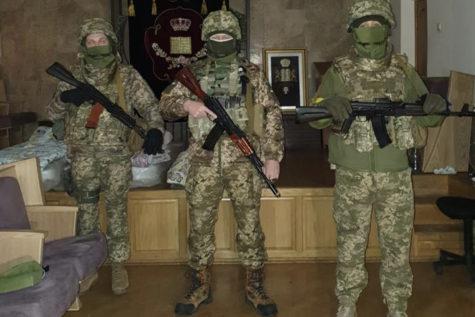
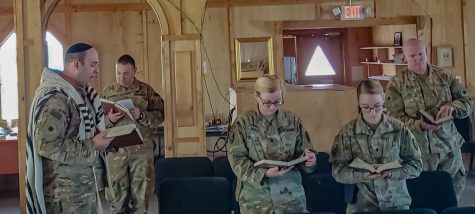
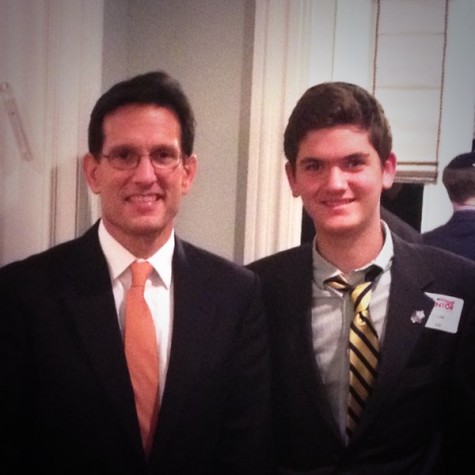
![TRAVELING: Polina Vorona, 18, stopped to take a selfie in a restroom on her way from Ukraine to Poland in February. She and her grandmother traveled together from Kyiv, leaving behind Polinas father and grandfather. I know it’s really hard for Granny, Polina said, “[to] be separate [from] her husband, with my grandfather, for the first time in I don’t know, 40 years.](https://shalhevetboilingpoint.com/wp-content/uploads/2022/05/WhatsApp-Image-2022-04-26-at-6.05.41-PM-e1653022559743-300x214.jpeg)
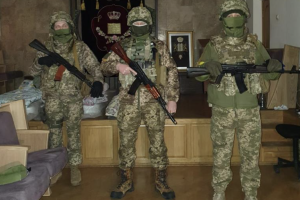
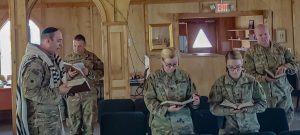
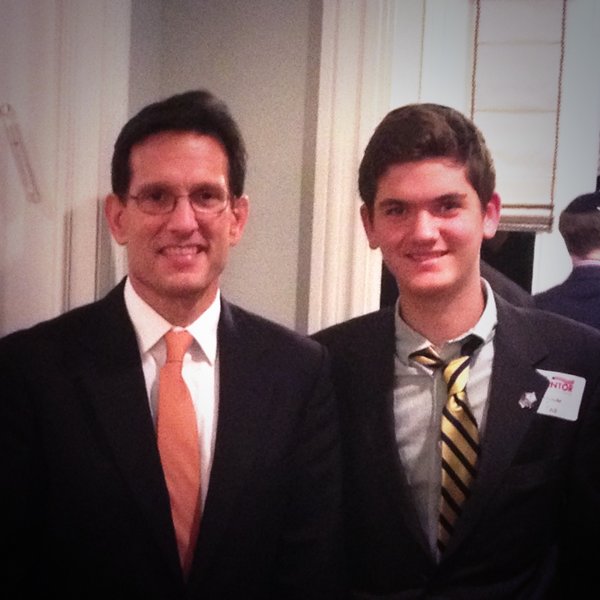
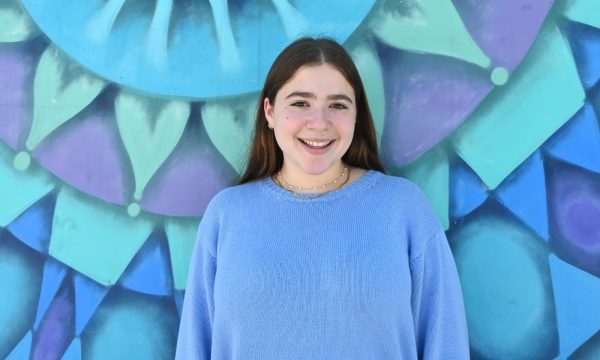
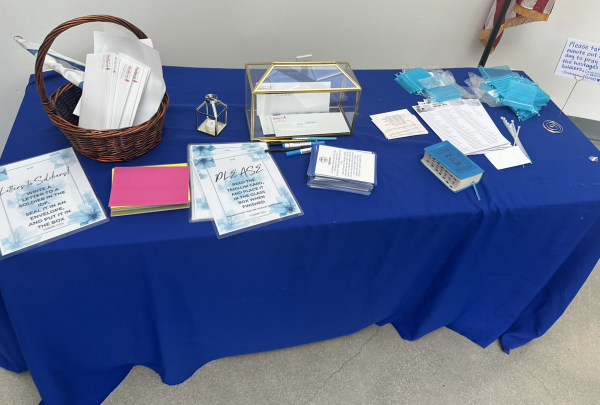
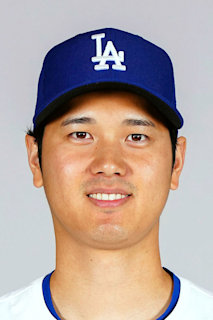
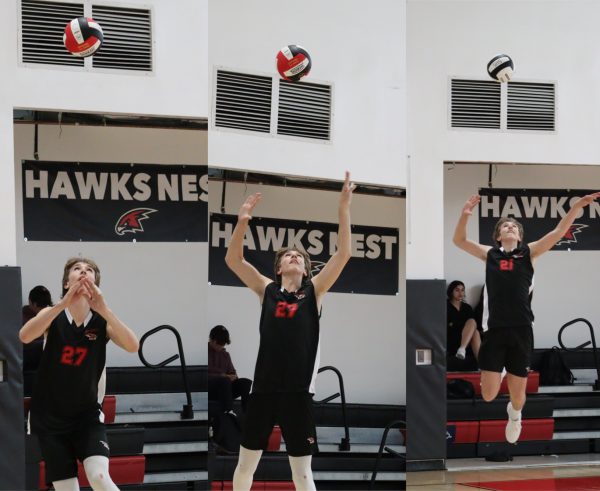
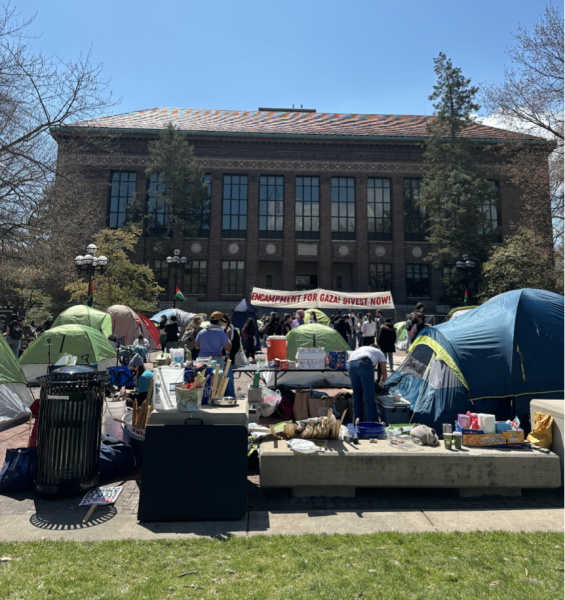

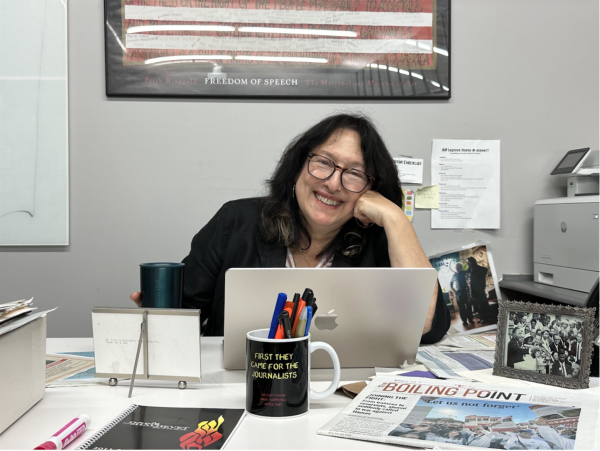

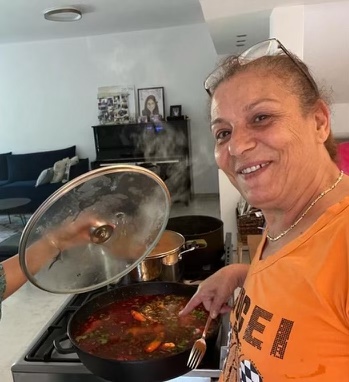
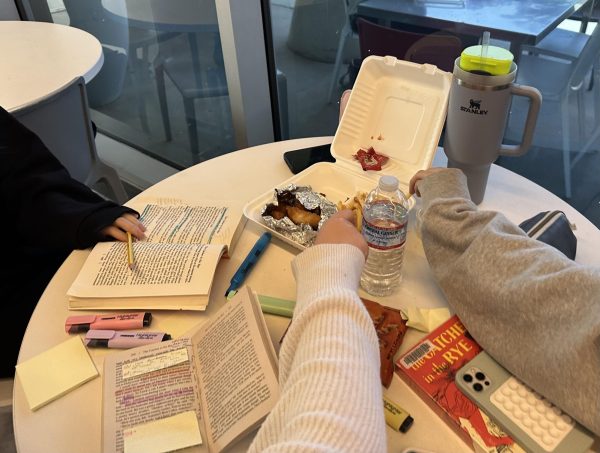

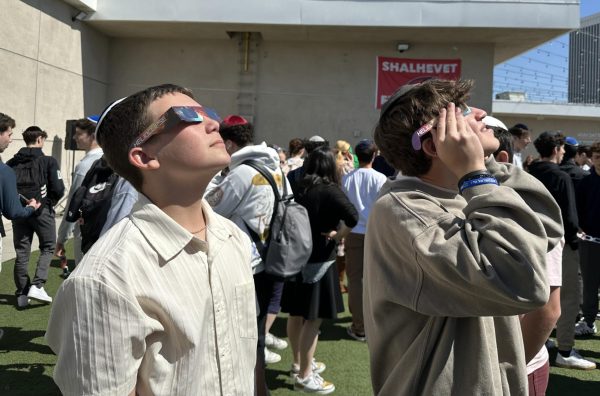
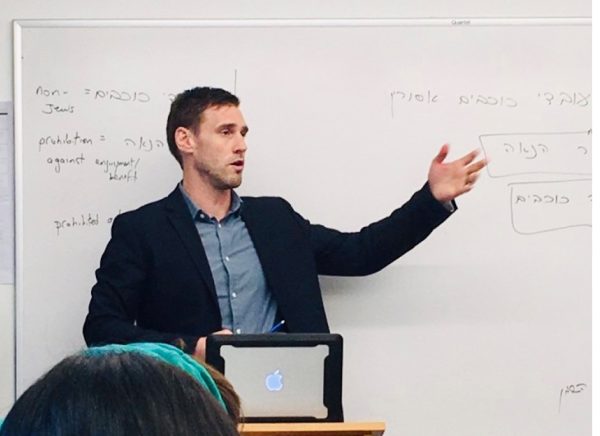
Christopher Buckley • May 23, 2022 at 7:03 pm
Great article!
Christopher Buckley